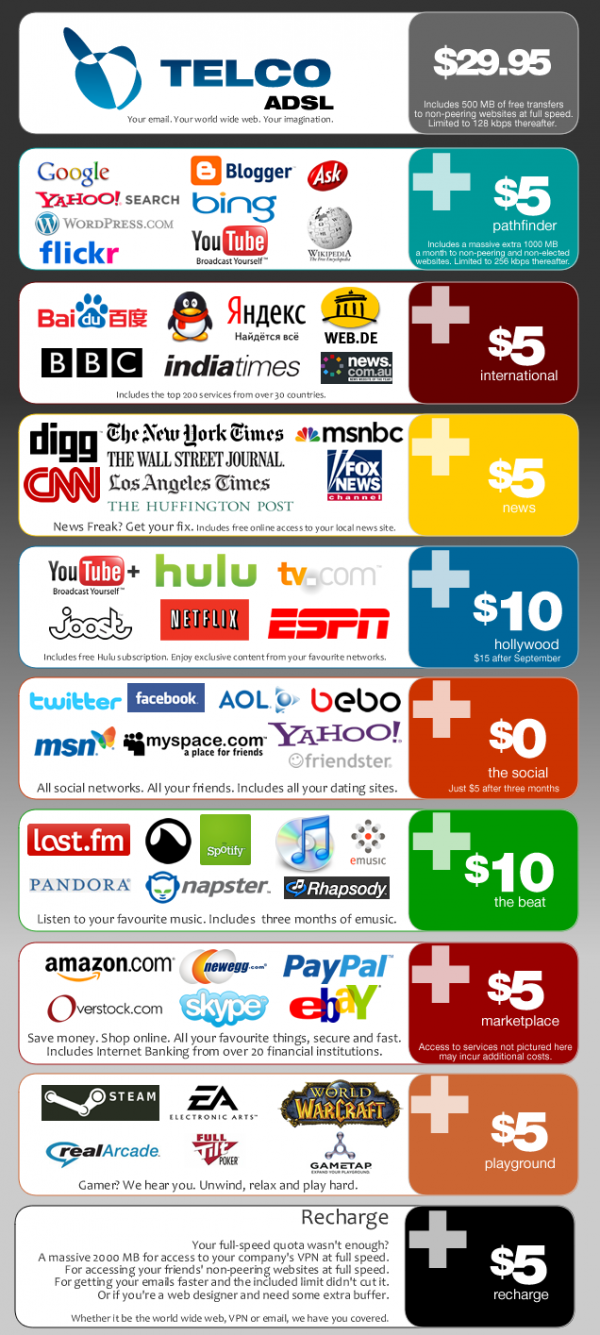This younger generation does use PCs. However, they actually spend the most time on their iPhones and iPads and Macs are mostly relegated to serious productivity projects. More importantly, they know iOS inside and out as they spend much more of their day in this operating system then they do on any computer they have. I believe Apple understands this better than anyone and their most recent iPad Pro is a nod to this trend. More importantly, I see Apple using this to drive millennials towards making iOS their OS of choice as they move into their careers and new jobs. In fact, within 5-7 years, I suspect Windows will not even be of interest to this younger set, as iOS will be the device operating system that dominates their work and personal lifestyles.
Apple playing the long game.
